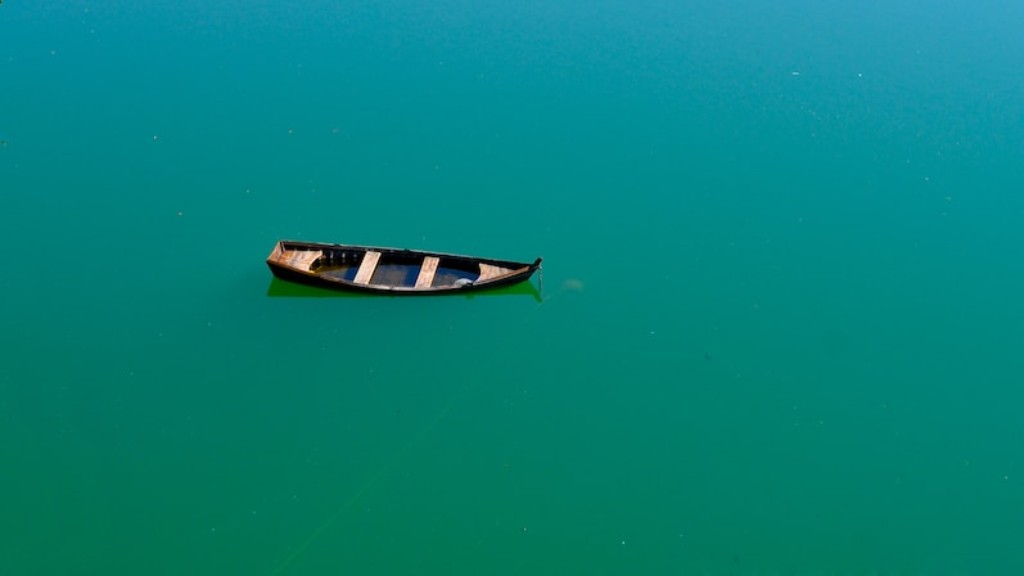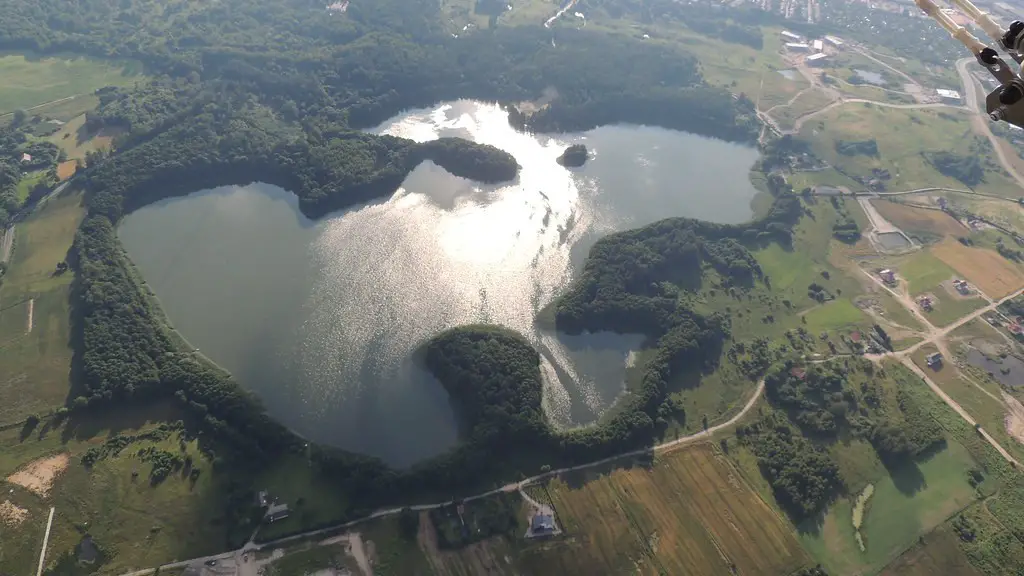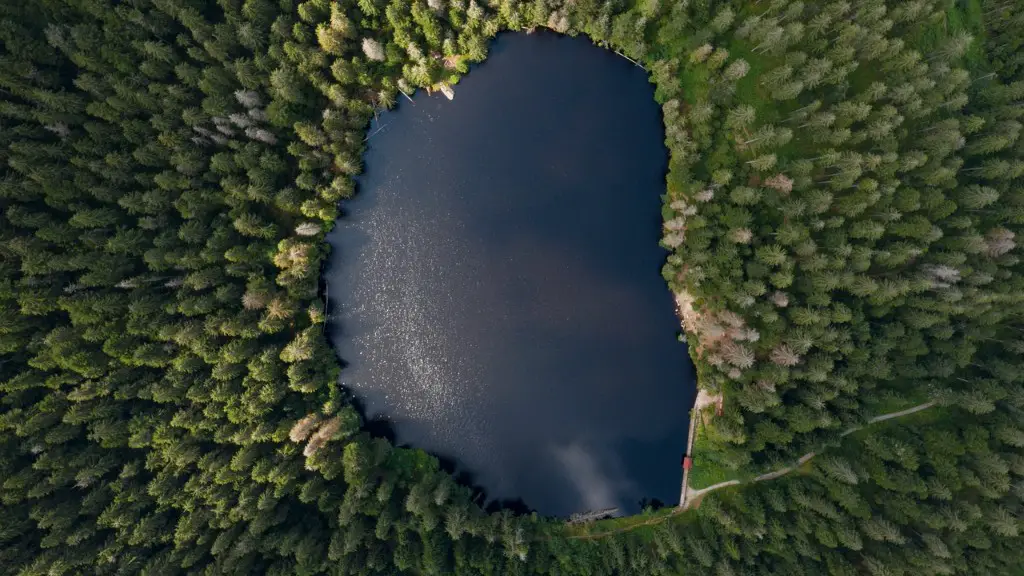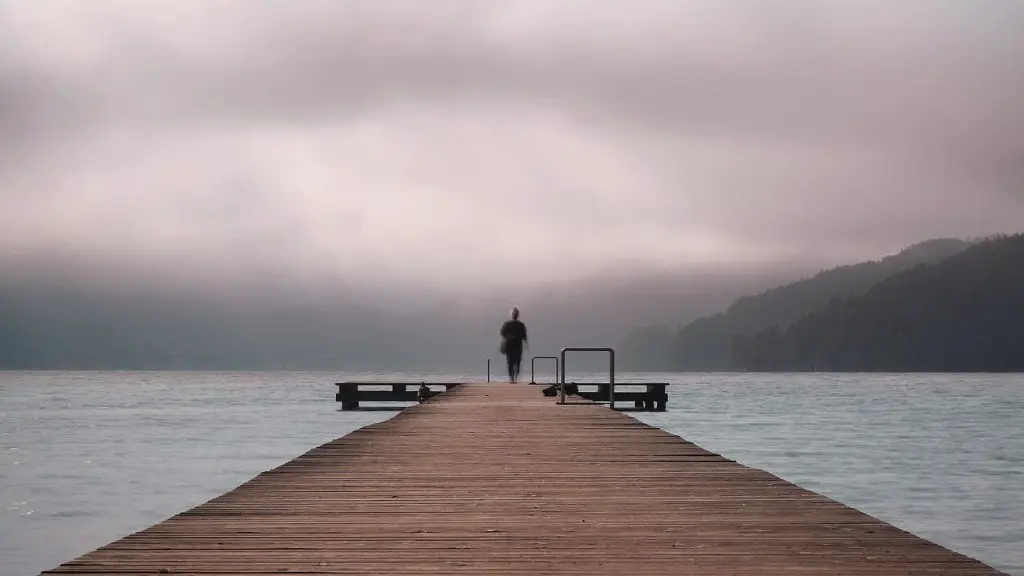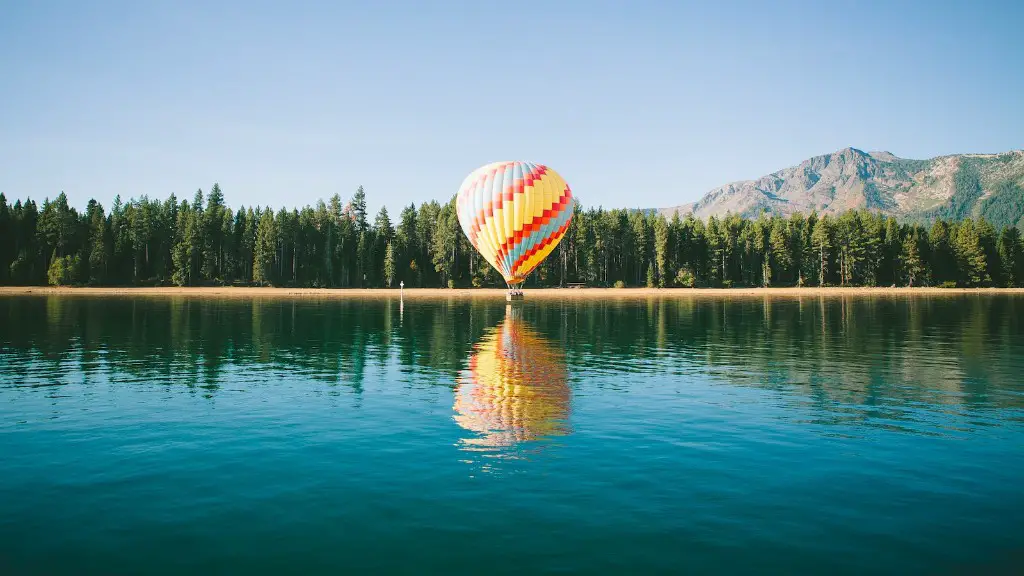Lake Malawi is the ninth largest freshwater lake in the world and is located between Malawi, Mozambique, and Tanzania. It is also known as Lake Nyasa in Tanzania and Lake Niassa in Mozambique. The lake is home to many rare and endangered fish species, including the cichlids, and it is also a popular tourist destination. But is Lake Malawi safe? This question is often raised and it is important to address it.
There are a few concerns regarding the safety of the lake’s waters, such as pollution from human activity, sewage disposal, and overfishing. Waste from industrial factories, as well as from agricultural runoff, has been known to pollute the lake’s waters. Sewage disposal is an ongoing problem in the region, and it can lead to the spread of water-borne diseases. Lastly, the overfishing of the lake’s fish species can lead to serious repercussions for the environment.
In spite of the potential dangers, Lake Malawi remains an incredibly safe place to visit and swim. Due to the variety of fish species and the fact that the lake’s waters are generally clean and of good quality, the lake remains a popular tourist destination. The local authorities have also been proactive in addressing the safety concerns, and they have put in place various regulations and initiatives to protect the lake’s environment and its inhabitants.
Overall, Lake Malawi can be considered safe for swimming and other recreational activities. However, it is still important to take a few simple precautions to ensure your safety, such as avoiding polluted areas, disposing of your waste properly, and not disturbing any of the lake’s wildlife. By being mindful and taking the necessary precautions, it is possible to enjoy the lake while maintaining a safe environment.
Effects of Pollution
Pollution is one of the major threats to Lake Malawi and its ecosystem. The lake has seen an increase in wastewater, agricultural and industrial run off, as well as trash and debris, negatively affecting its water quality. Waste and agricultural runoff can contain toxins and pathogens that can impact the lake’s fish populations, as well as its plant and animal life. Pollution has also been linked to algal blooms, which can further worsen the water quality and reduce the amount of oxygen available to the lake’s inhabitants.
The effects of pollution on the lake’s environment can be devastating and can have far-reaching consequences. In addition to the impact on the lake’s wildlife, pollution can also threaten the livelihoods of those who depend on the lake for their sustenance. Therefore, it is important to work towards reducing the amount of pollution entering the lake and to enforce measures that ensure the safety of the lake’s inhabitants.
Governments and local organizations have implemented initiatives such as water quality monitoring, pollution control measures, and education and awareness campaigns to reduce the pollution in the lake. Furthermore, many organizations have been instrumental in restoring the lake’s environment through reforestation and the implementation of soil conservation initiatives.
Measures Implemented
In order to address the safety concerns surrounding Lake Malawi, the local authorities have put in place various regulations and initiatives. The local governments have implemented laws and regulations to protect the lake’s environment, as well as its inhabitants. Fishing and water use licenses have also been implemented to regulate the lake’s resources.
In addition, the local governments have taken steps to ensure the safety of those who swim or boat in the lake. For instance, local authorities have implemented lifeguards and search and rescue crews. Furthermore, they have also set up health clinics to provide care in case of water-borne illnesses.
The local community has also been involved in ensuring the safety of Lake Malawi. Various volunteer groups have taken initiatives to reduce the amount of trash and debris in the lake, as well as work towards restoring and maintaining the lake’s natural environment. Furthermore, many organizations and NGOs have provided educational resources to spread awareness and knowledge of the lake.
Role of Tourists
The safety of Lake Malawi also largely depends on tourists and visitors who use the lake for recreational purposes. Therefore, it is important to be mindful of the lake’s environment and to be respectful of local cultures and customs. This includes refraining from disturbing the lake’s wildlife, disposing of your trash properly, and avoiding polluted areas.
In addition, it is also important to be aware of the local laws and regulations when visiting Lake Malawi. This includes obtaining fishing and water use licenses, and refraining from any activities that could disturb the lake’s ecosystem. Furthermore, it is important to be mindful of your safety and the safety of others when using the lake for recreational or sporting activities.
Benefits of the lake
In spite of the potential dangers, Lake Malawi still offers many benefits, such as providing a lush environment for its local inhabitants and serving as a tourist destination for visitors from around the world. The lake is host to many rare and endangered fish species, and it is also an important source of sustenance for the local communities. Therefore, it is important to ensure the safety of Lake Malawi and its inhabitants.
In addition to its environmental benefits, Lake Malawi also provides recreational opportunities. From swimming and scuba diving to fishing and boat tours, the lake offers a range of activities for visitors and locals alike. Therefore, it is important to keep the lake clean and safe so that it can continue to provide its inhabitants and visitors with a safe and enjoyable experience.
Future Directions
Lake Malawi is an incredibly important resource for both its local inhabitants and visitors from around the world. Therefore, it is important to ensure its safety and sustainability. This means that governments, organizations, and the local community must work together to reduce the amount of pollution entering the lake, and to protect and restore the lake’s environment.
In addition, it is also important to educate the local population on the importance of protecting the lake. This includes teaching them the necessary skills and knowledge to protect the lake’s resources and maintain its safety. Furthermore, the local authorities and organizations have a responsibility to ensure that the necessary regulations are in place to protect the lake.
Overall, ensuring the safety of Lake Malawi is a shared responsibility and it is important that we work together to ensure its sustainability. By taking the necessary precautions, respecting the local environment, and educating ourselves and others, we can ensure that the lake remains a safe and enjoyable place for both its inhabitants and visitors.
